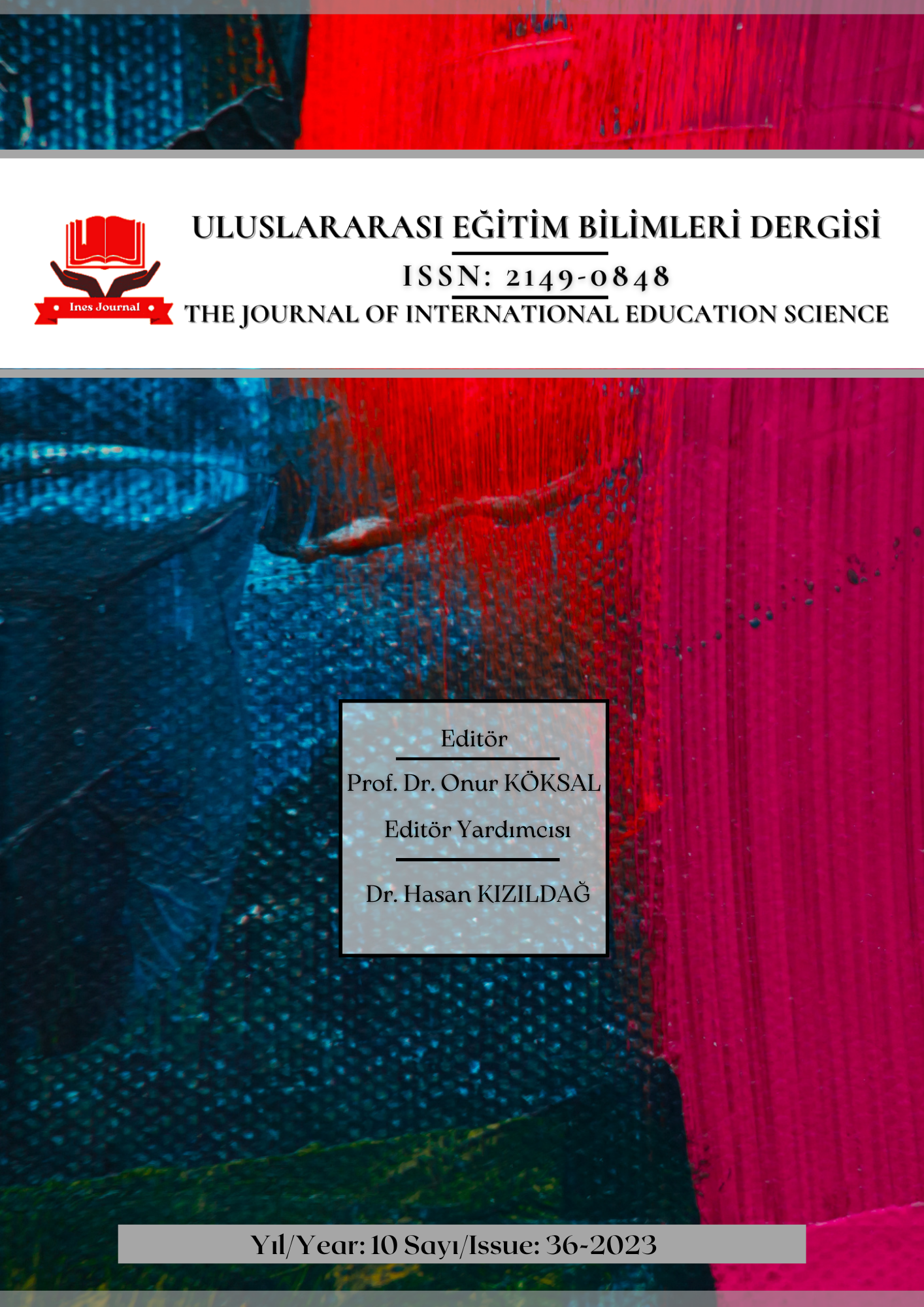Author :
Abstract
Dilekçe, sosyal ve kamusal hayatta bireylerin istek, dilek ve şikâyetlerini bildirmek amacıyla kullandıkları resmî bir yazı türüdür. İçerik ve biçim açısından pek çok özel bilgi türüne sahip olmayı gerektiren bu yazı türü kamusal ihtiyaçların karşılanmasında oldukça önemlidir. Dolayısıyla Türkiye’de ikamet eden her bireyin, bu türün kurallarına uygun ve doğru metinler oluşturması gerekmektedir. Buna bağlı olarak bu araştırmada yabancı dil olarak Türkçe öğrenen uluslararası öğrencilerin dilekçe yazma becerilerinin incelenmesi amaçlanmıştır. Tarama modelinde gerçekleştirilen araştırmada veriler, bu araştırma kapsamında geliştirilen Dilekçe Puanlama Anahtarı ile farklı üniversitelerin dil öğretim merkezlerinde C1 seviyesinde eğitim görmekte olan 125 öğrenciden toplanmıştır. Elde edilen sonuçlara göre en çok hatanın sırasıyla Yer Bilgisi (%81,6), Ad-Soyad-İmza (%80,8), Noktalama (%80,8), Yazım (%79,2), Kalıp İfade (69,6), İletişim (%66,4), Sayfa Görünümü (%66,4), Hitap (%60), Tarih (%38,4), Tanıtıcı Unsurlar (%34,4), Gerekçe (%27,2) ve Talep/Şikâyet (%19,2) unsurlarında yapıldığı belirlenmiştir.
Keywords
Abstract
A petition is an official form of written communication utilized in social and public contexts to convey individuals’ requests, suggestions, and complaints. This form of writing requires a comprehensive grasp of both content and structure and plays a pivotal role in fulfilling communal requirements. Consequently, it becomes imperative for every individual residing in Turkey to write accurate texts of this type. Accordingly, the present study seeks to assess the proficiency of international students studying Turkish as a foreign language in composing petitions. In the survey model research, data were collected from 125 students studying at various universities’ language teaching centers, all of whom were at the C1 language proficiency level, through the Petition Scoring Key, an instrument developed for this study. The findings highlighted that the domains in which students made the most errors when writing petitions were as follows: Location Information (81.6%), Name-Surname-Signature (80.8%), Punctuation (80.8%), Spelling (79.2%), Formulaic Expressions (69.6%), Communication (66.4%), Page View (66.4%), Addressing (60%), Date (38.4%), Introductory Elements (34.4%), Justification (27.2%), and Requests/Complaints (19.2%).
